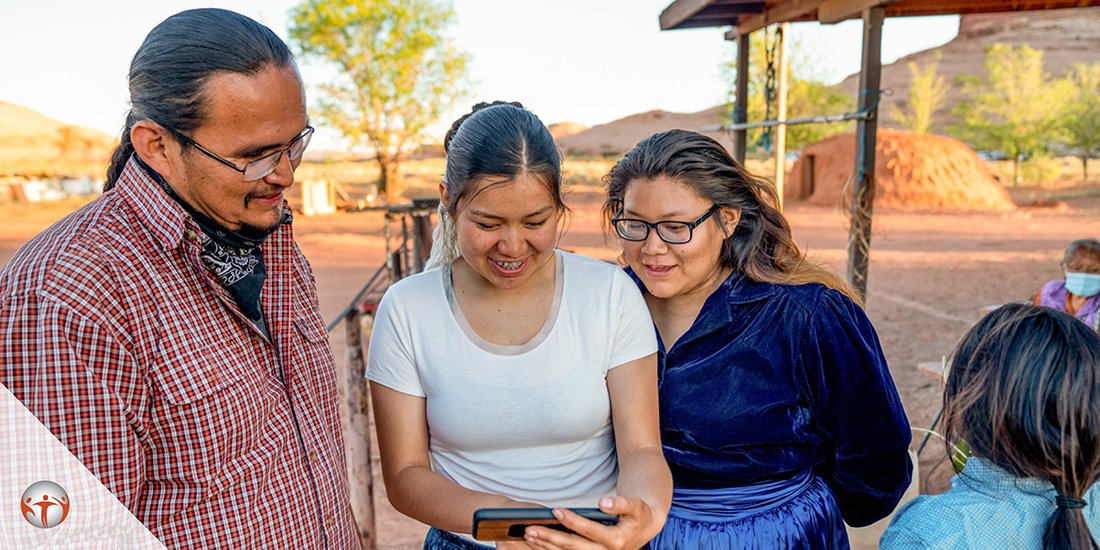
Objectives:
Speakers:
Patricia Cerda-Lizarraga, Ph.D., graduated from the University of California, Irvine with a double major in Cognitive Psychology and Spanish Language and Culture. She moved to the Midwest where she completed her Masters degree and doctoral degree in Counseling Psychology from the University of Nebraska-Lincoln. Patricia previously worked as a staff psychologist at UNL where she provided individual and group therapy to college students. Patricia was the diversity coordinator at Counseling and Psychological Services at UNL and has a passion to work with issues of diversity and with people of color. She recently came on board at Morningstar to work with the American Indian population in Nebraska and expand her training in working with children and families. Dr. Patty was born and raised in Southern California. Together with her two young boys and her husband they have made Lincoln, Nebraska their home. Dr. Patty enjoys family time and taking trips to California and Mexico.
Dr. Katie Doud, Ph.D., Licensed Psychologist, attended the University of Nebraska-Lincoln, where she completed her Bachelor of Psychology, and received her Master’s in Counseling Psychology. She completed her PhD in Counseling Psychology from Loyola University-Chicago. She works providing mental health services to the American Indian communities in Nebraska. Her previous experiences include; psychologist at the University of Nebraska-Lincoln college counseling center, a local private practice, Cook County Hospital and a pediatric developmental center in Chicago, domestic violence shelter and sexual assault and domestic violence crisis center. Katie’s areas of practice include working with individuals from diverse backgrounds, children, trauma, crisis management, survivors of interpersonal violence and sexual assault, family of origin issues, anxiety, depression and grief.